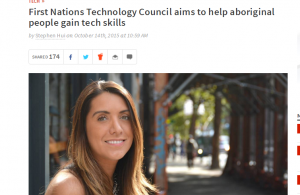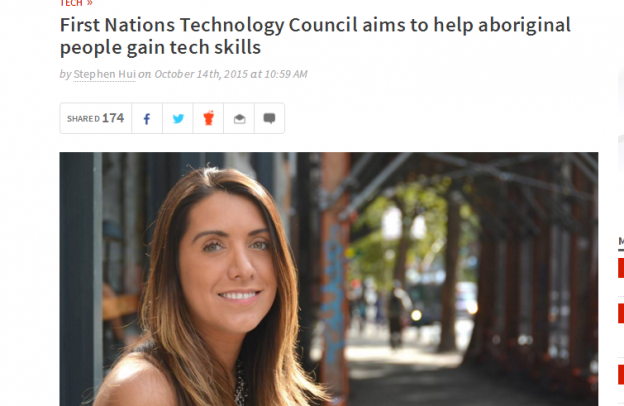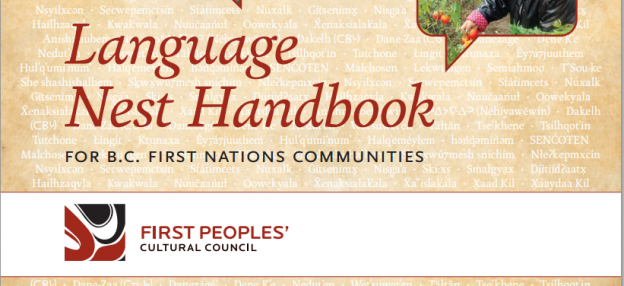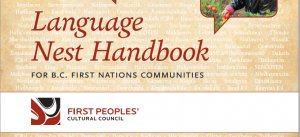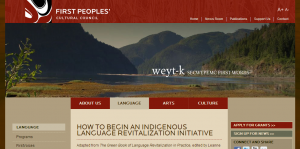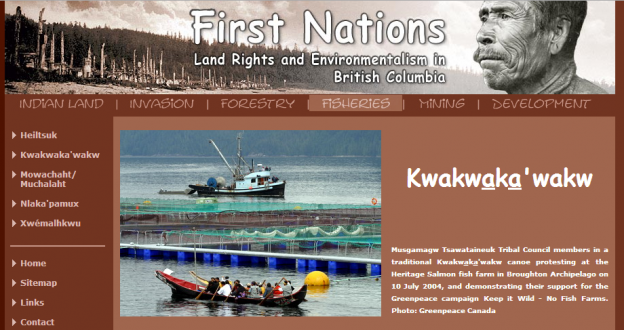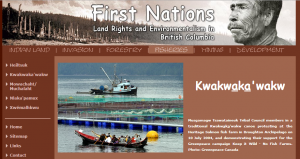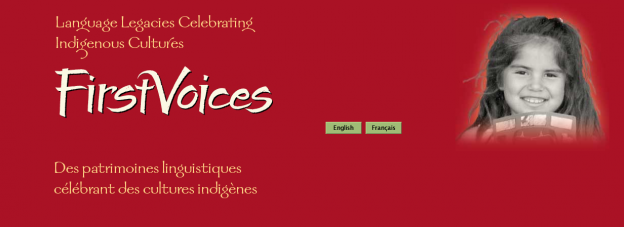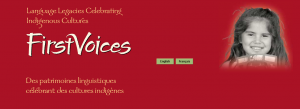This is an interesting article published by Stephen Hui last week in the online magazine, “Georgia Straight”. The article outlines how the First Nations Technology Council would like to help British Columbian First Nations people to gain technology skills and be more prepared to work in a wide variety of fields including the oil and gas industry and for social media companies who have offices in Vancouver. The author recognizes that having an increased number of people working in tech fields could be beneficial both for the First Nations people, but also for others to become more educated about First Nations issues.
Considering the relevancy to this course, I found the timing of this article to be perfect to share! 